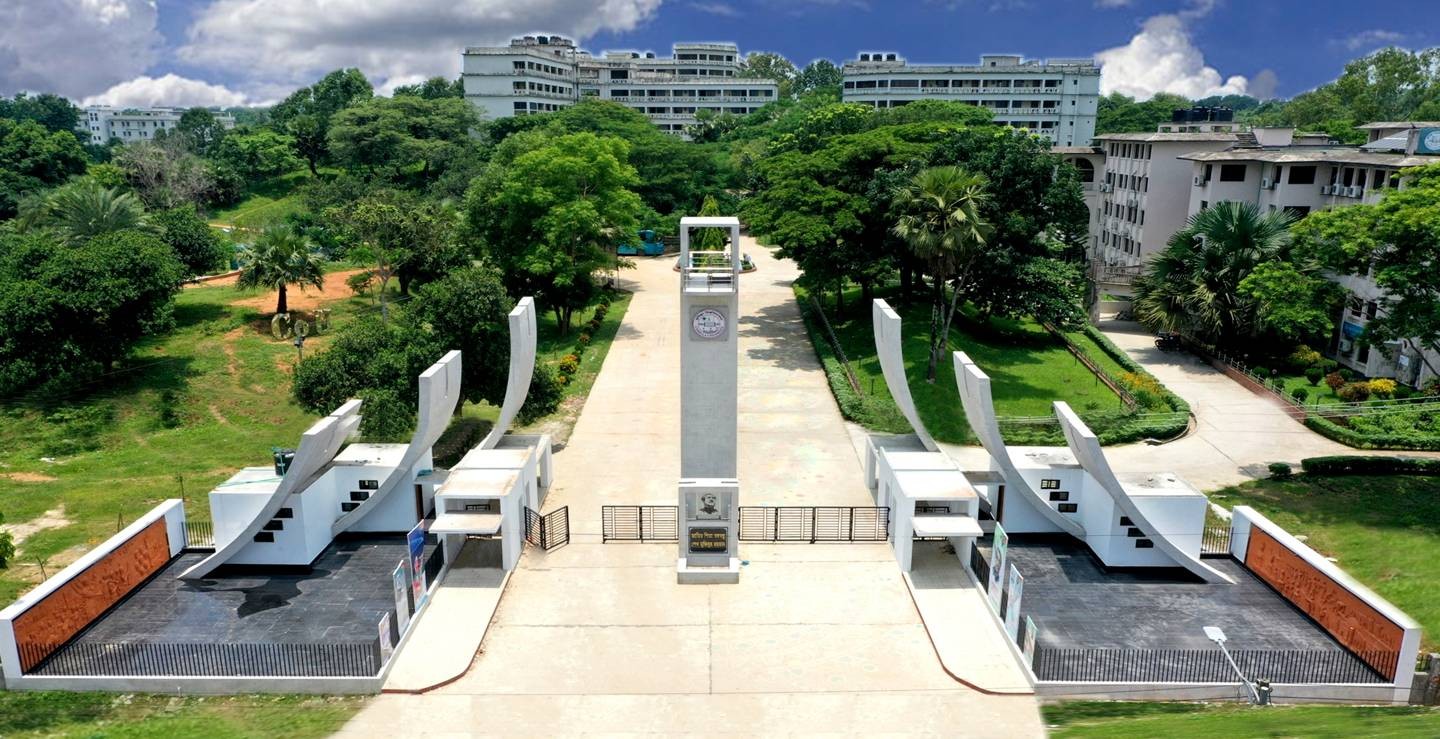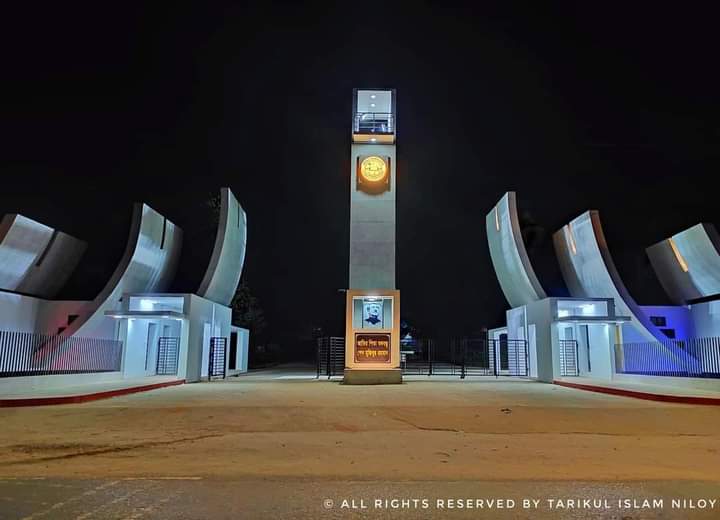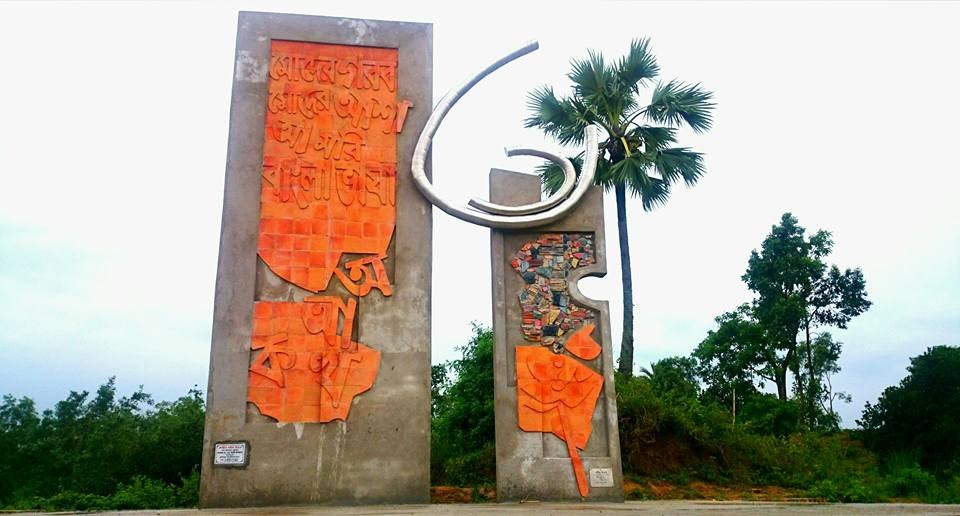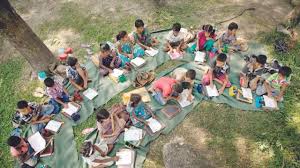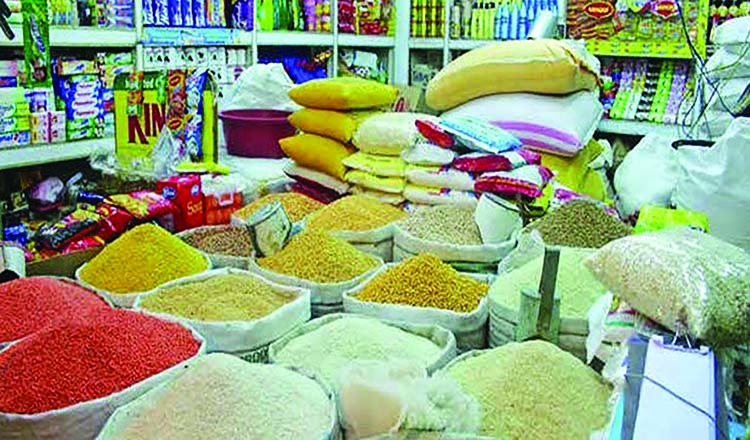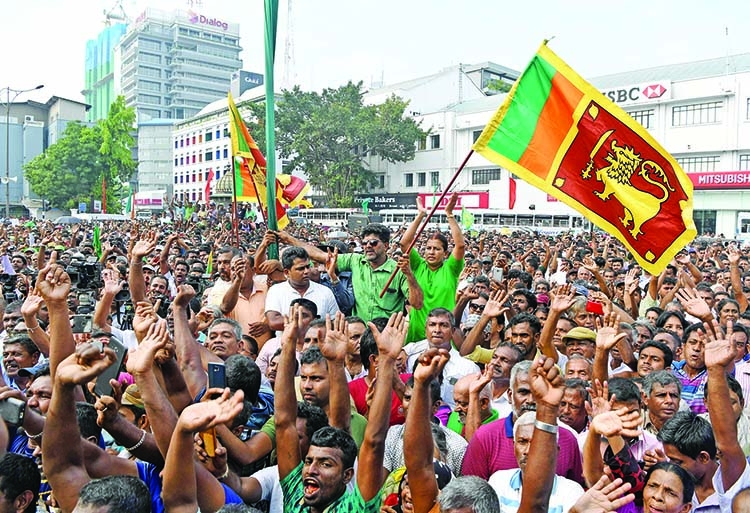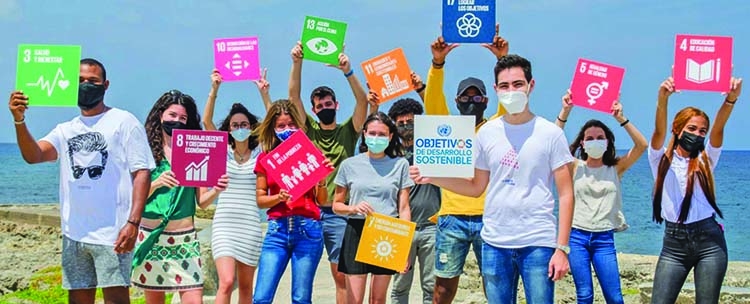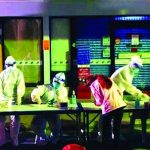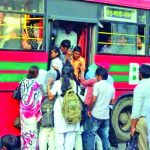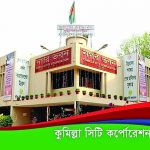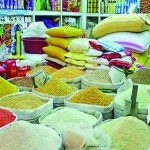By Md. Jobaer Hossain
Education is the key to a nation’s development. It provides individuals with the knowledge, skills, and critical thinking abilities that are necessary for innovation, economic growth, and social stability. A well-educated population can improve productivity, drive technological advancements, and reduce poverty by creating better employment opportunities.
The foundation of Bangladesh educational system was laid down during the period of British rule. The system has three levels: Primary (Early childhood education to class 5), Secondary, Secondary education is divided into a lower and higher level (Lower level: class 6-10, Higher level: class 11-12), and higher education (Tertiary level of education). Another type of education system in Bangladesh are Madrasah education and technical education.
We know that Bangladesh is a small country in terms of geography but it is 8th most populated country in the world. According to The Bangladesh Bureau of Educational Information and Statistics (BANBEIS), 2023 report on Education, more than 10 lakh students dropped out in secondary education in the country in last four years from 2019 to 2023. The dropout rate at the higher secondary level is 21% in 2023 but it was just 18% in 2019. In last 4 years, 3% dropout rate was increased. It was happened for early marriage and in under poverty family because in this family parents can’t cover children’s educational cost and that’s why they work as a daily labor. And another a Concept arise on all of Bangladeshi’s that there is no sufficient job in Bangladesh, there is no benefit. Rather than study earning money is very beneficial. For all these reasons that’s all dropout happens. Sustainable development of Bangladesh depends on making educational investment for future generation. To invest in Bangladesh’s future generation Bangladesh should focuses on some key areas: Quality of education. Teacher training. Curriculum development. Early childhood education. Scholarship and financial aid. Community engagement. And Technology integration etc.
“Education for all” is a Bangladesh government policy. (The national education policy (NEP-2010) in Bangladesh was formulated to ensure education for all the citizens of the country and bring qualitative changes in the education sector. The policy targeted a major overhaul of the education system.) It was made as a invest for Bangladesh’s future generation. Government invested it for making people as human resource.
According to government policy, “Education in Bangladesh is compulsory for all citizens until the end of grade eight. Primary and secondary education is funded by the state and free of charge in public schools.” In Bangladesh Constitution, (Article 17) “Free and Compulsory Education: The State shall adopt effective measures for the purpose of –
Article 17 (A) stated that establishing a uniform, mass-oriented and universal system of education and extending free and compulsory education to all children to such stage as may be determined by law;
Article 17 (B) stated that Relating education to the needs of society and producing properly trained and motivated citizens to serve those needs;
Article 17 (C) stated that Removing illiteracy within such time as may be determined by law.”
Implementing “Education for all” policy faces several barriers, such as: Shortage of trained Teacher: Lack of well-trained teacher is a main problem to implementing “Education for all” policy. Financial problem: Bangladesh as a under poverty Country here most of the people they belong to under poverty they sent their children for work in early age. They grow up knowing that earning money is more important than Education. Unconcern Family: It is also a problem that most shown in rural area. According to Nazma begum (Mother of two children), “I have two sons but they are illiterate because of our unconcern. We (I and my Husband) admitted them in high school but they never go to school and we didn’t know it because we never concern about it for our personal family problem between me and my husband.” Early Marriage: Early marriage is common problem in Bangladesh. It has been decreases since few years but still it is a major problem for Girls drop out from Education. Infrastructure Issues: Lack of facilities especially in rural or underserved areas, can limit access to quality education. Inequity: Ethnic minorities and children with disabilities, often face additional barriers to access in education. Political Instability: Political instability and conflict can disrupt education system, making it to implement education policy.
To solve these barriers Bangladesh has taken some initiative and made a policy that is “Education for all.” To ensure quality education, government provide training to teacher for developing their skill so that students get better education by them. Providing scholarship for underprivileged students can help reduce dropout rates and encourage higher education. Bank support of Bangladesh’s education sector is based on the principle that investing smartly, and investing in lifelong learning is investing for the future. The Bank is therefore engaged in the entire range of Bangladesh’s education sector from primary to TVET (technical training) and tertiary education. Currently, the Bank is also providing the Government of Bangladesh with technical assistance to prepare a new Secondary Education Program and a Primary Education Program. Not only Bank but also several charity foundation provide some scholarship for underprivileged brilliant students. Bangladesh’s Government by this policy (Education in Bangladesh is compulsory for all citizens until the end of grade eight.) concentrate those people who were unconcern. Government has made a law to remove early marriage. Who marry in early age (Before Boys 21, Girls 18) government punished them. It was the most problem to drop out from education for girls. Infrastructure issue was a another vital issue but government made all Educational infrastructure so that students can access to quality education. Government provide equality of education for all people that’s why ethnic minorities and the children with disabilities can access to same education.
Md. Jobaer Hossain is a member of the Social Research Group (SRG) and an undergraduate student of Public Administration at Comilla University, Bangladesh. The article is a work in progress.

